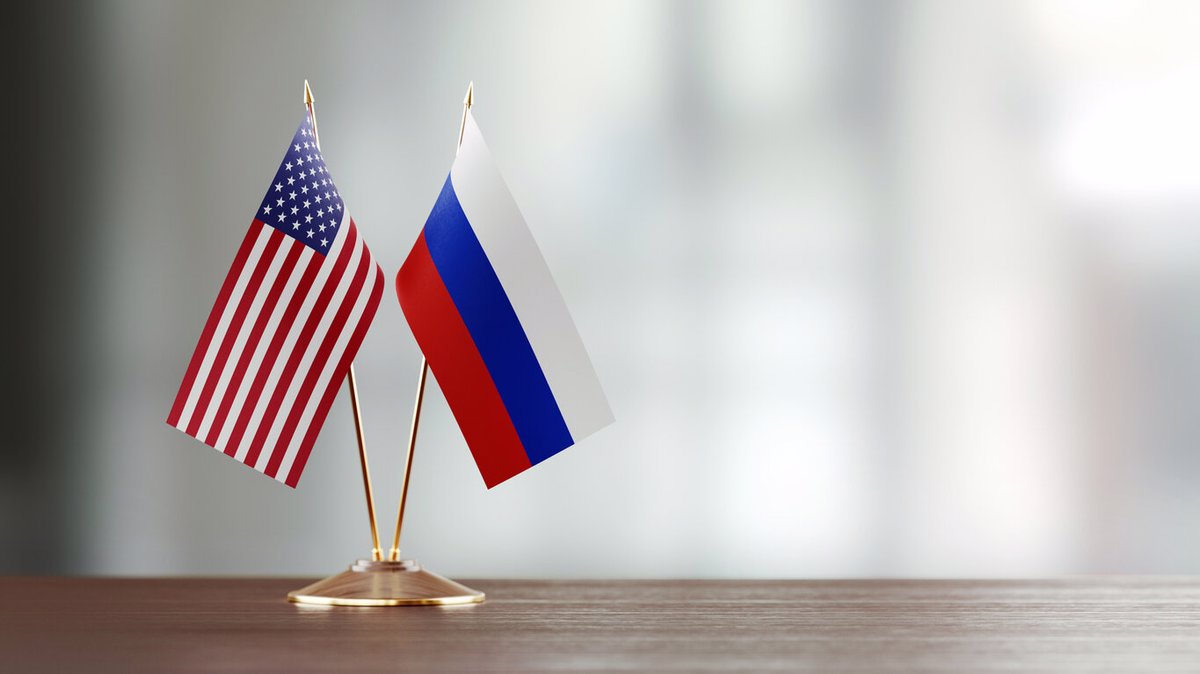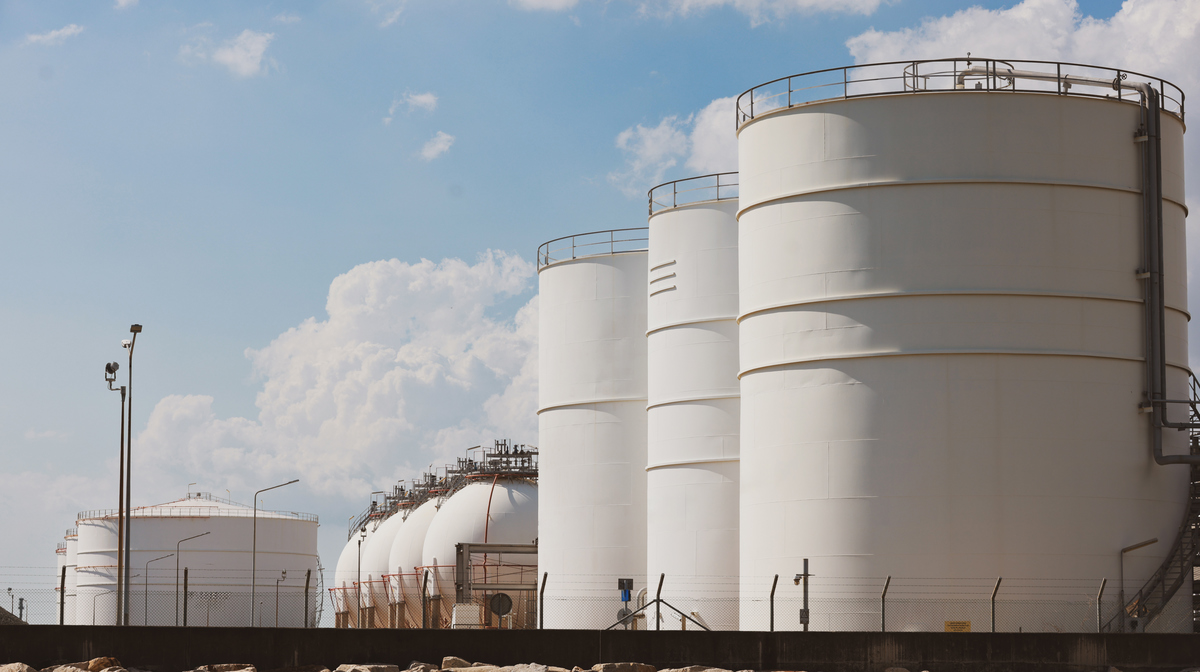US sanctions Russian tanker firm Sovcomflot
Washington has added Russia’s state-owned tanker group Sovcomflot and 14 tankers that it owns and operates to its sanctions list.
 PHOTO: Flags of Russia and the US. Getty Images
PHOTO: Flags of Russia and the US. Getty Images
The US Department of the Treasury’s Office of Foreign Assets Control (OFAC) has identified and added 14 tanker vessels that are owned and operated by Sovcomflot, which were allegedly running a shadow fleet.
By assembling a shadow fleet of poorly maintained vessels used to circumvent sanctions meant to restrict the movement of Russian crude oil, it has effectively traded outside the imposed price cap, OFAC said.
A shadow fleet, or “dark fleet,” is primarily made up of older and environmentally hazardous vessels that intentionally evade regulations. These ships are said to operate under the radar by sailing without insurance or disabling their AIS tracking transmitters.
“Today, we take the next step by targeting Russia’s largest state-owned shipping company and fleet operator, dealing a huge blow to their shadow operations,” deputy secretary of the US Treasury Department Wally Adeyemo said.
The tanker company has also been sanctioned by Australia, Canada, New Zealand, and the UK and is under certain European Union (EU) restrictions.
"Sovcomflot as a whole, as a parent company, has been implicated in price cap violations in addition to deceptive activity," Reuters quoted a senior US Treasury Department official.
The price cap coalition
The price cap coalition was formed by the G7 group of countries – Canada, France, Germany, Italy, Japan, the UK, the US, and the “non-enumerated member” EU – and Australia.
The coalition aims to reduce Russia's export revenues through a restrictive oil price cap policy and various other economic measures. This will limit the financial resources Russia can muster to sustain its ongoing war in Ukraine, they argue.
In December 2022, the first price cap of $60/bbl was set on crude oil originating from Russia. Also last year, two other price caps were implemented on Russian oil products: $100/bbl for higher-value products such as diesel and gasoil that usually trade at a premium over crude, and $45/bbl on lower-value products such as fuel oil that trade at a discount to crude.
The G7 countries will continue tightening compliance with the price cap on Russian oil, it said in its latest statement.
"We will continue taking steps to limit Russia’s future energy revenues," G7 leaders said.
By Aparupa Mazumder
Please get in touch with comments or additional info to news@engine.online





